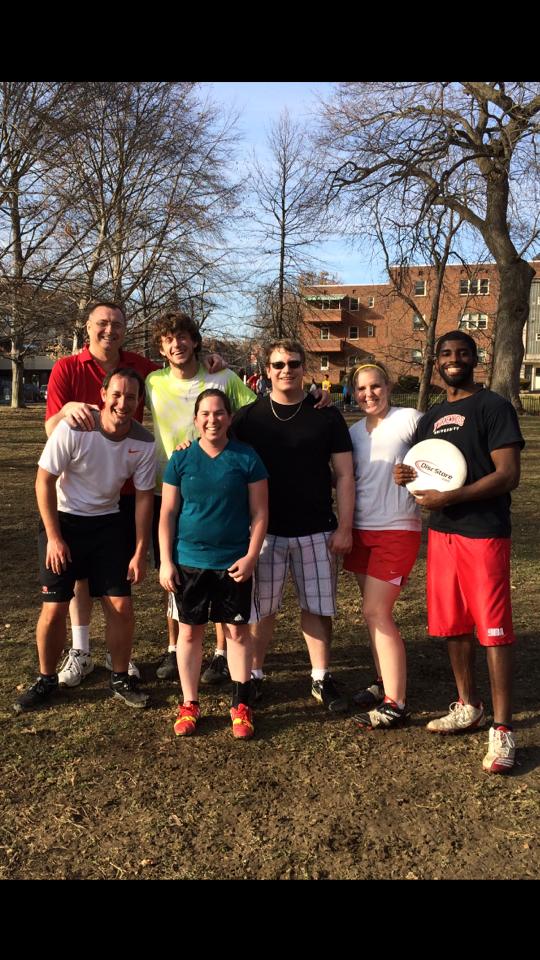Today I went to a funeral for I man I’ve never met.
Not only have I never met him, but I had never even heard his name before Monday night of this week. A friend posted on Facebook that a professor at the Seminary had died of a heart attack while playing Frisbee with students. “Strange,” I thought, “I have no idea who that is.” I highlighted the name, Jannie Swart, and pasted it into my browser bar.
Links filled the screen about Jannie Swart, also known as the Rev. Dr. Johannes Swart. He was South African, a white South African pastor, who led one of the largest congregations in Johannesburg during the earliest years of the post-apartheid transition. Under his leadership and example, the church labored to repent for the sins of apartheid, and to become multilingual, multiracial, and multicultural. He left Johannesburg in 2005 to do his doctoral work, and ended up at the Pittsburgh Theological Seminary in 2012.
As I read the articles I was filled with regret. What I might have learned in one conversation or one audited class with this man! How could we have been so close, but yet never met?
His funeral was held at the Seminary, a 15-minute walk from my house.
I went to the funeral because I felt that I ought to have met this man, and, in some sense, this was my last chance. Hearing his friends and colleagues talk about him would certainly give me some sense of who he was, something beyond a list of degrees or church appointments. I wanted to know why the people I loved and respected had loved and respected this man so much.
And, if I am honest, I wanted to know one more thing. I wanted to know how the Seminary community would process such a senseless death, the death a beloved professor taken on the very first day of classes. How could they deal with the loss of such a wise man who still had so much to teach the students (and the whole community)? How could he be gone?
Really, God? He was playing Frisbee with students.
I was not the only person in the sanctuary with this question, and I was relieved to hear it spoken from the pulpit. “I’m angry,” the president of the Seminary said, “and I want to ask God, ‘Why this one? I’ve got a whole list of people you could have taken.’” We all laughed nervously, but we knew exactly what he meant. Someone else said that she felt like she had been robbed, and as I looked out over the crowd I could see his college-age daughter and teenage son sitting with their mother.
There is no sense in a moment like this, and so we did not attempt to understand.
Instead we sang, over and over again:
Wait for the Lord, whose day is near.
Wait for the Lord; be strong, take heart.
Instead we listened to verses that had been spoken at their wedding:
For now we see in a mirror dimly, but then face to face. Now I know in part; then I shall know fully, even as I have been fully known. So now faith, hope and love abide, these three; but the greatest of these is love.
And instead we were reminded what a well-lived human life can look like.
One person said that Jannie was “like Mandela, a man of uncommon grace.” A professor told the story of his many trips to South Africa, and how after t30 years of making these trips, he met Jannie and made his first authentic friendship across racial lines. Someone else recited one of Jannie’s favorite phrases, “We must strive to be hospitable to one another,” and many others gave examples of how Jannie had embodied this charge. This was a man who loved life, and who lived it to the full.
And finally we were asked,
“How can we go back after Jannie has changed our lives?”
And although I met him at his funeral, I include myself in this challenge.
By Jennifer Pelling ’10, communications assistant for CCO, who blogs at http://longdaysandshortyears.wordpress.com.


I read all introduction,you can explain very good and also explain the Biographical information, family memories, and significant events in the life of the person clearly. that’s great